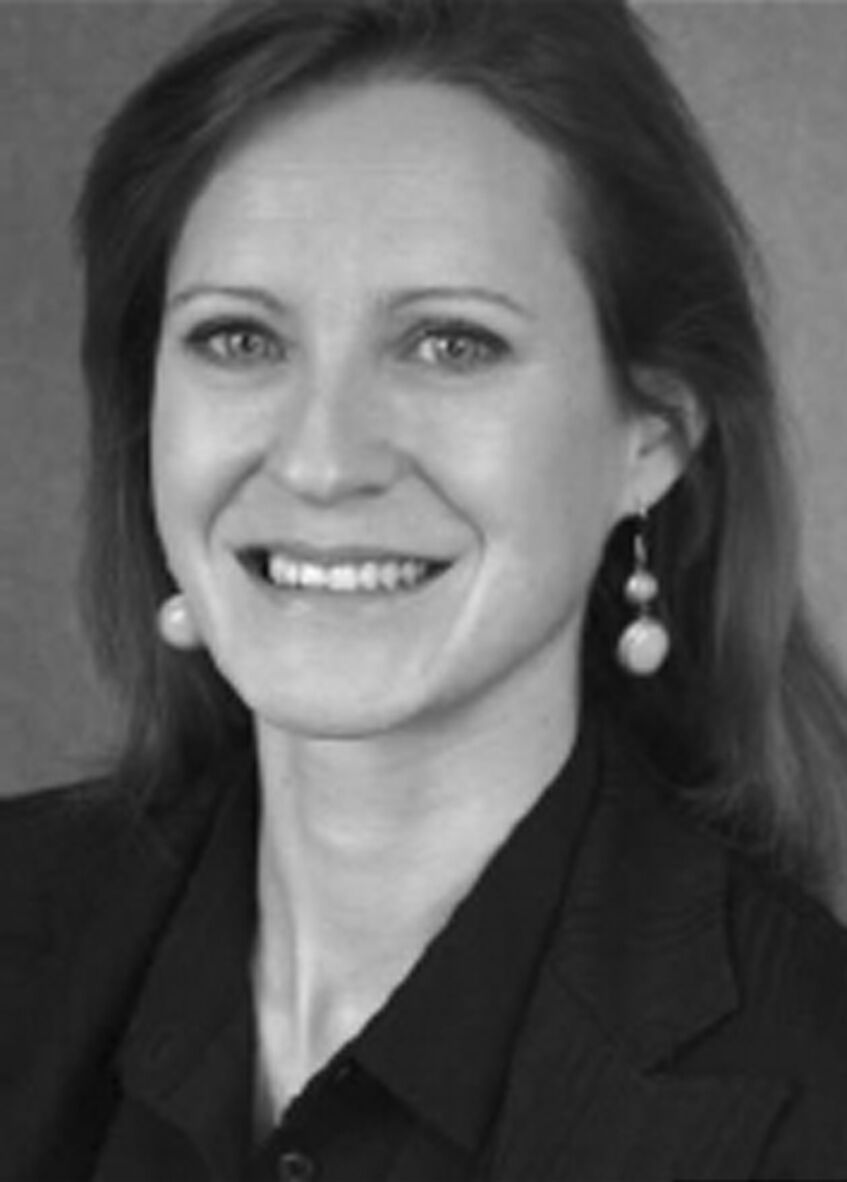Envisioning Nicaragua’s Interoceanic Canal: Past, Present and Future of an Uncanny Dream
Max Planck Institut für ethnologische Forschung, Halle an der Saale, Germany
In 2013, Nicaragua’s President Daniel Ortega signed a contract with the Chinese based construction firm HKND (Hongkong Nicaragua Development), granting it the right to build the Gran Canal Interoceanico. One of the world’s largest mobility projects, the interoceanic canal aims to connect the Atlantic and the Pacific Ocean with a 275 km long maritime waterway, allowing for the biggest cargo ships to pass. Furthermore, the mega project encompasses two international ports, a railroad, three tourist resorts, a pipeline and a free trade zone, turning the remote Central American country into global hotspots for tourism,
trade and mobility.
Constructing the Nicaragua Canal has been a dream for more than a century. Its realisation will affect not only Nicaragua’s global relations with China, the USA or Panama, but also allows the state to once more infiltrate its margins. Bringing goods, people and services to the (mainly indigenous) Atlantic territory, the mega project will change Nicaragua’s soil, demography and political landscape. However, while the canal and its six subprojects, for better or worse, predict large-scale transformations, four years later, constructions are still awaited.
Reviewing historical documents written on the envisioned Nicaragua Canal in the late 19th and early 20th century, and comparing them to current-day project descriptions and reactions, this presentation provides the background for the analysis of a mobility project that will turn a remote country into a space of global economic and political concern. In so doing, it examines the various layers of uncanny expectations and concerned protagonists and encourages us to think about anthropological questions and concepts on the experience of envisioning remote connections.

Visiting Researcher, Max Planck Institut für ethnologische Forschung, Halle an der Saale, Germany
